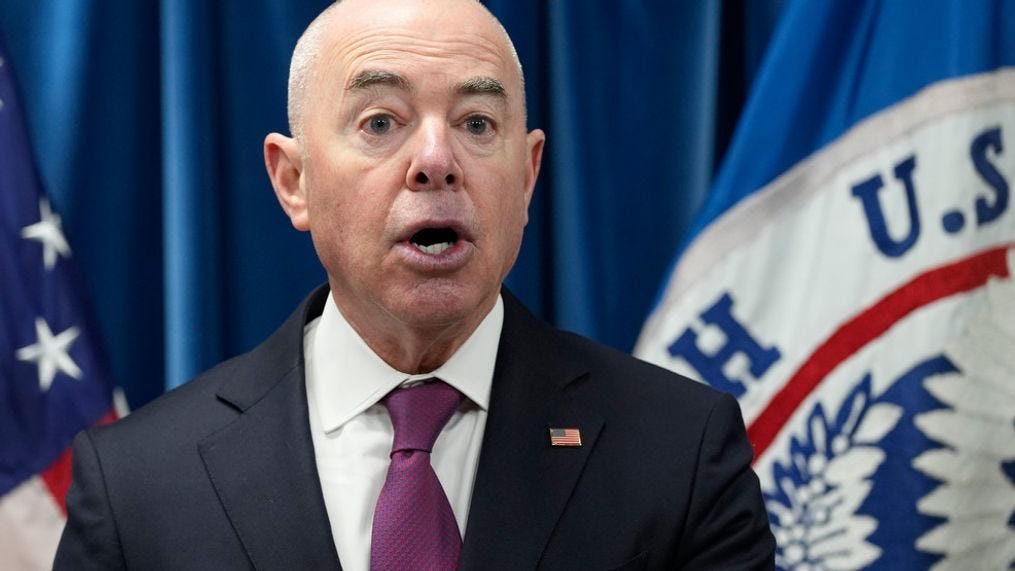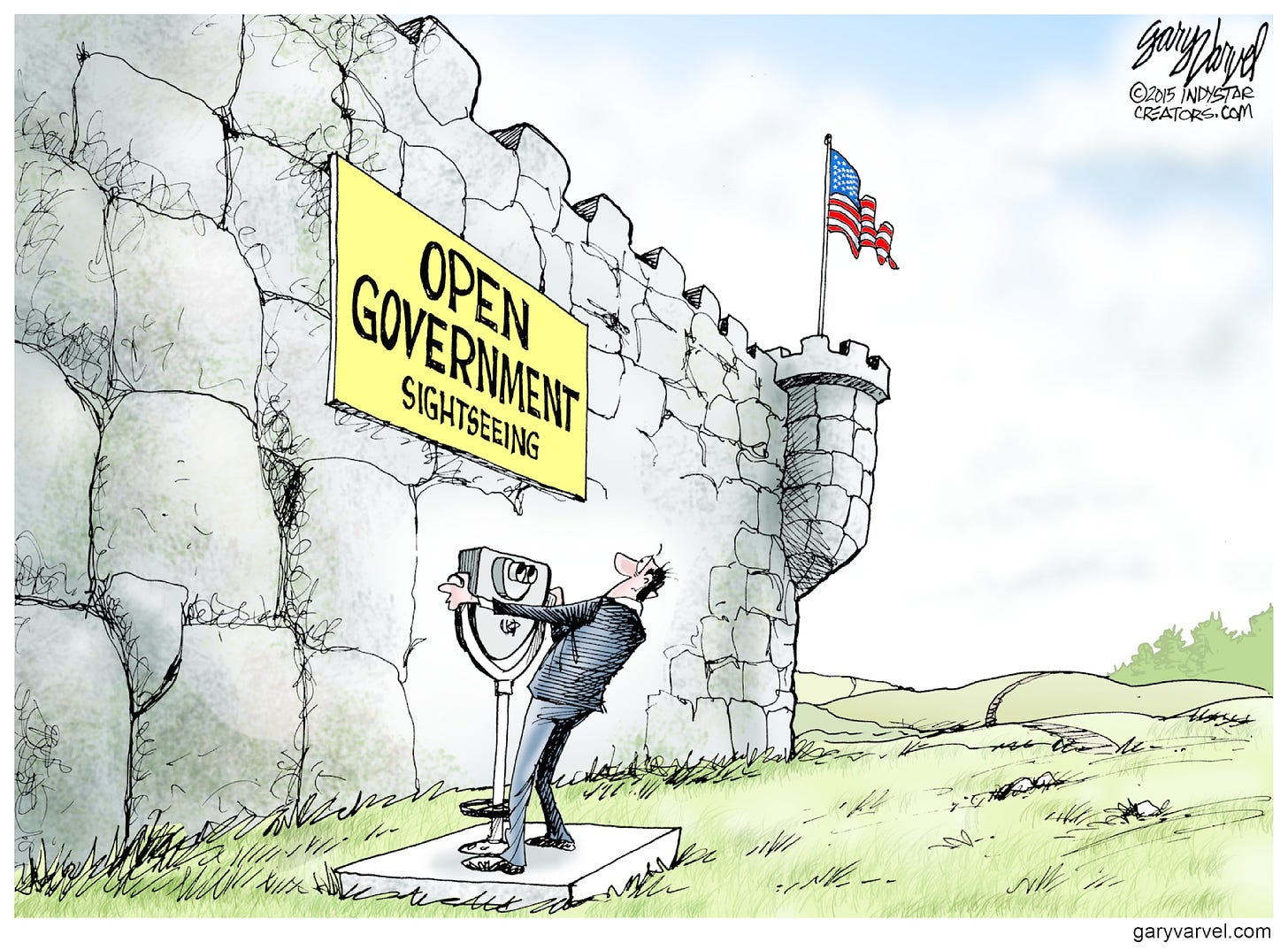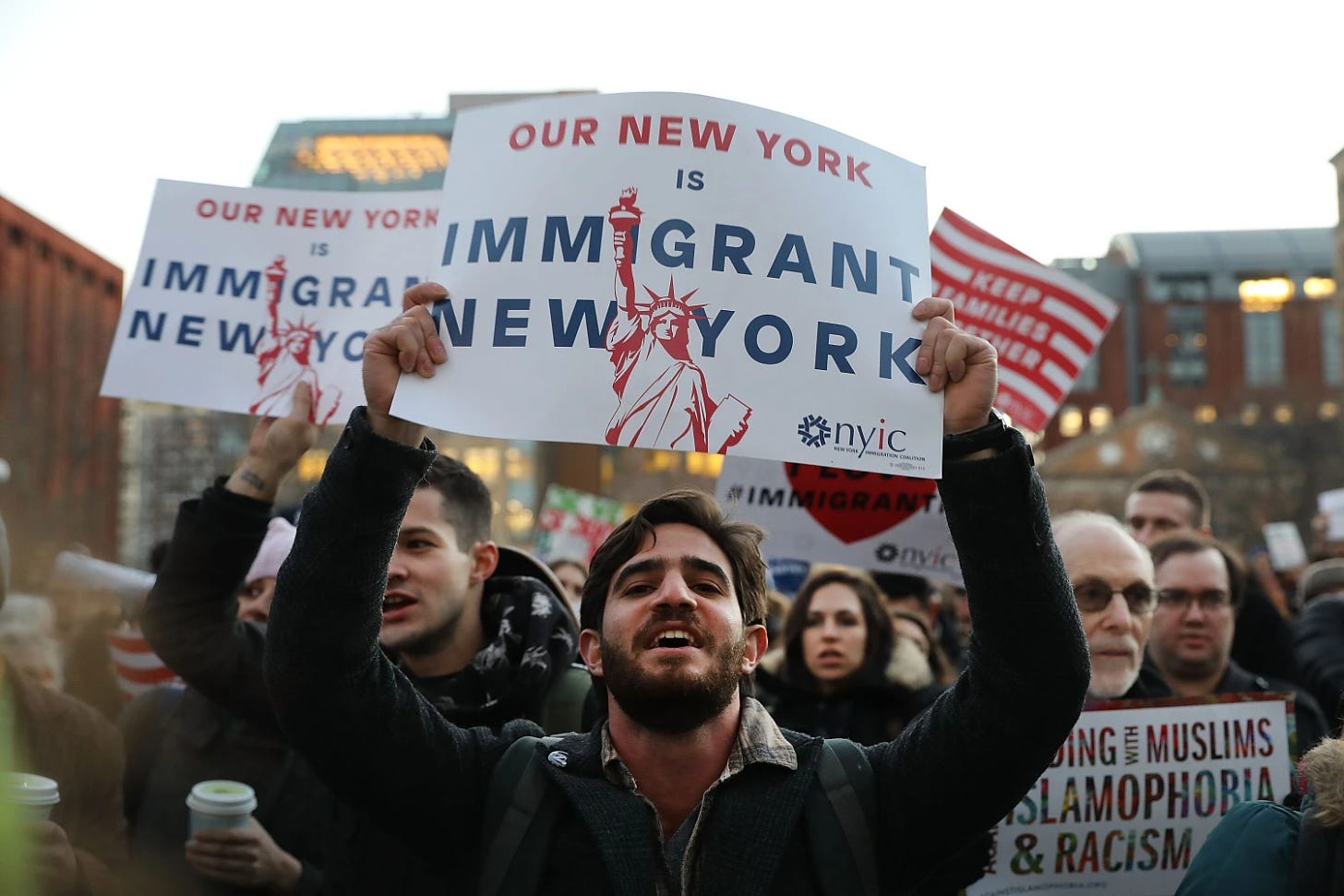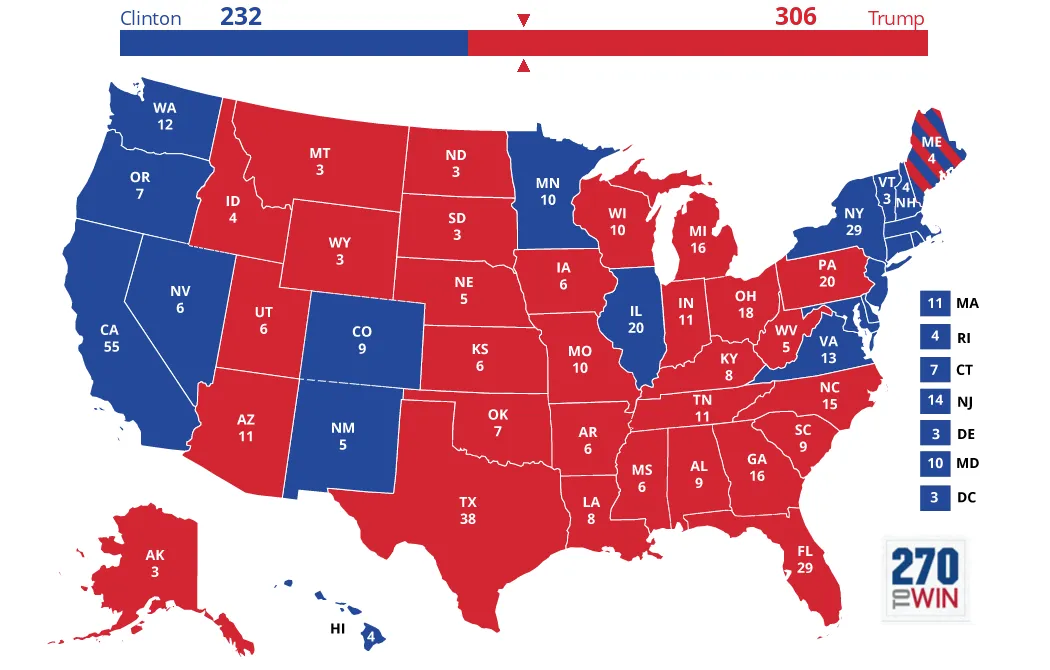News
Elon Musk Decodes the Motive Behind Biden’s Border Disaster

In a recent tweet that ignited a firestorm of discussion, Elon Musk succinctly critiqued the Biden administration’s border policies, suggesting a strategy aimed at reshaping the American political landscape. According to Musk, the administration’s approach is twofold: first, to allow an unprecedented number of illegal immigrants into the country, and second, to legalize these individuals in pursuit of creating a permanent Democratic majority—a one-party state.
Musk said: “Biden’s strategy is very simple: 1. Get as many illegals in the country as possible. 2. Legalize them to create a permanent majority – a one-party state. That is why they are encouraging so much illegal immigration. Simple, yet effective.”
Additionally, Musk added: “As a reminder, I am very much PRO increasing legal immigration significantly. I’m not anti-immigration; I’m just against a massive number of unvetted people flooding into America, which any rational person should be.”
This bold assertion sheds light on a contentious debate surrounding the current immigration policies and their long-term implications for the United States.
This article seeks to dissect Musk’s claim, peeling back the layers of the Biden administration’s immigration strategy to uncover the realities at the border and the potential motivations behind these policies. As we delve into the nuances of this complex issue, we will explore whether there is merit to Musk’s critique and what it could mean for the future of American democracy and societal cohesion.
The stakes are high, and the implications are far-reaching. With the nation deeply divided on issues of immigration and governance, understanding the impact of these policies is more crucial than ever. Through a careful examination of the administration’s actions, legislative efforts, and the broader political context, we aim to provide a comprehensive analysis that moves beyond partisan rhetoric, offering clarity on an issue that defines our time.
In doing so, we confront the fundamental questions at the heart of this debate: What are the consequences of the Biden administration’s border policies, not just for the immediate future, but for the generations to come? And how do these strategies align with the principles of fairness, security, and the democratic process? Join us as we make the case, examining the facts, the theories, and the potential outcomes of a policy direction that could reshape the fabric of American society.
The Effect of Biden Border Policy:

In the wake of President Joe Biden’s inauguration, U.S. border policies underwent substantial changes, marking a stark departure from the previous administration’s stringent approach to immigration control. These changes, while framed as a more humane approach to immigration, have led to a border crisis that critics argue has spiraled out of control under Biden’s leadership. This section offers a critical examination of the administration’s policies and their consequences.
Unprecedented Surge in Border Crossings

Since Biden took office, the southern U.S. border has seen an unprecedented surge in illegal crossings, with millions of individuals entering the United States. This dramatic increase has overwhelmed border enforcement agencies and local communities, leading to a humanitarian and security crisis. Critics argue that the administration’s decision to halt border wall construction and to end the “Remain in Mexico” policy, which required asylum seekers to wait in Mexico while their claims were processed, has signaled to potential migrants that the U.S. borders are effectively open.
Alejandro Mayorkas’ Controversial Role

Secretary of Homeland Security Alejandro Mayorkas has been at the center of controversy, facing accusations from some lawmakers of being evasive or misleading about the administration’s handling of the border crisis. Despite evidence of surging numbers of illegal crossings and overcrowded detention facilities, Mayorkas has repeatedly defended the administration’s policies, asserting that the border is “closed” and “secure.” This stance has fueled further criticism, with opponents alleging a disconnect between the administration’s public statements and the reality on the ground.
Impact on Border Security and Local Communities

The influx of migrants has not only strained federal border enforcement resources but also placed significant burdens on local communities along the border. Towns and cities have struggled to cope with the sudden increase in demand for public services, from healthcare to education, exacerbating existing challenges and fostering resentment among local populations. The situation has also raised concerns about national security, with critics arguing that the administration’s policies have made it easier for drug traffickers and human smugglers to operate along the border.
Questioning the Administration’s Transparency

The Biden administration’s approach to border policy has also been criticized for a perceived lack of transparency. Reports of unaccompanied minors being held in detention facilities beyond legal time limits and conditions within these facilities have sparked outrage. Yet, access for journalists and independent observers has been restricted, making it difficult to assess the situation fully. This opacity has led to accusations that the administration is attempting to downplay the severity of the crisis.
Under President Biden’s leadership, the U.S. border policy has faced significant criticism for exacerbating a crisis characterized by an overwhelming surge in illegal crossings, strained public resources, and security concerns. The administration’s efforts to project control and security are contradicted by the realities on the ground, leading to a growing chorus of voices demanding a reassessment of its approach to immigration. As the debate over these policies continues, the need for effective, transparent, and sustainable solutions to the border crisis has never been more urgent.
Examining Elon Musk’s Claims:

Elon Musk’s critique of the Biden administration’s border policy raises profound questions about the long-term political and demographic impacts of current immigration trends. A pivotal factor often overlooked in this debate is the role of the U.S. Census in determining congressional representation. The Census counts all residents, regardless of legal status, meaning that states with larger populations of undocumented immigrants stand to gain more seats in the House of Representatives. This demographic shift can significantly influence the political landscape, particularly when these populations are concentrated in sanctuary cities and states that traditionally lean Democratic.
Sanctuary Cities and Congressional Representation

The strategic relocation of immigrants to sanctuary cities—municipalities that limit their cooperation with the federal government’s immigration enforcement—further compounds the potential for political realignment. These cities, often in Democratic strongholds, could see their congressional districts bolstered by increases in their counted populations, irrespective of the citizenship status of their residents. This dynamic lends credence to Musk’s assertion that the administration’s policies could be aimed at creating a permanent majority, not only through potential pathways to citizenship but also through the immediate impact on political representation.
The Census and Political Power

The decennial Census plays a critical role in apportioning seats in the House of Representatives, with states gaining or losing seats based on their population changes relative to the rest of the country. By increasing the count of residents in certain areas through the influx of undocumented immigrants, there is a direct impact on the political power distribution, favoring states with policies more welcoming to these populations. This shift does not require the granting of citizenship or voting rights; the mere presence of individuals is enough to alter the political map.
Implications for Electoral College

Beyond congressional representation, the Census also affects the Electoral College, which determines the outcome of presidential elections. States with growing populations—boosted by higher counts of undocumented residents—gain greater influence in presidential elections. This demographic shift, facilitated by sanctuary policies and a lenient border stance, could tilt the balance of power in future elections, aligning with Musk’s concerns about the administration’s long-term political strategies.
While the direct path from illegal immigration to a “permanent majority” through citizenship and voting remains complex and uncertain, the immediate impact of population shifts on congressional representation and the Electoral College presents a more immediate avenue for political influence. This broader perspective on Musk’s critique highlights the nuanced ways in which immigration policies can shape the political landscape, underscoring the significance of the U.S. Census in this equation. The strategy of bolstering populations in Democratic strongholds through sanctuary policies and a more open border approach has tangible implications for the distribution of political power, lending a more strategic dimension to the administration’s immigration stance.
Conclusion:
In light of the analysis provided, Elon Musk’s critique of the Biden administration’s immigration policies reveals deep-seated concerns about the long-term impacts of these policies on the fabric of American democracy. Musk’s assertions, while provocative, underscore a complex interplay between immigration trends, political power shifts, and the potential for significant demographic changes to alter the political landscape in ways that could favor the Democratic Party.
The surge in illegal border crossings, coupled with policies that facilitate the relocation of immigrants to sanctuary cities, not only raises questions about national security and the rule of law but also about the strategic use of immigration to influence congressional representation and the Electoral College. This, in turn, could have profound implications for the balance of political power in the United States.
Critically, while the path from increased immigration to a “permanent majority” involves several speculative leaps, the immediate effect of population shifts on political representation is undeniable. The U.S. Census, serving as the basis for apportioning seats in the House of Representatives and influencing the Electoral College, becomes a pivotal tool in this demographic and political realignment.
This exploration of Musk’s claims and the broader implications of the Biden administration’s border policies highlights the necessity for a nuanced, comprehensive approach to immigration that balances humanitarian concerns with the imperatives of national sovereignty, security, and democratic integrity. It is imperative that immigration policy be crafted with an eye toward its long-term implications for the nation, ensuring that efforts to reform the system do not inadvertently undermine the foundational principles upon which the United States is built.
As the nation moves forward, it will be crucial to engage in open, honest discussions about the role of immigration in shaping our future. The goal should be to forge policies that uphold the nation’s values, protect its citizens, and ensure that the American political system remains vibrant, fair, and truly representative of its people. Only through such deliberation and foresight can we navigate the complex challenges of immigration and maintain the health and vitality of American democracy.






























